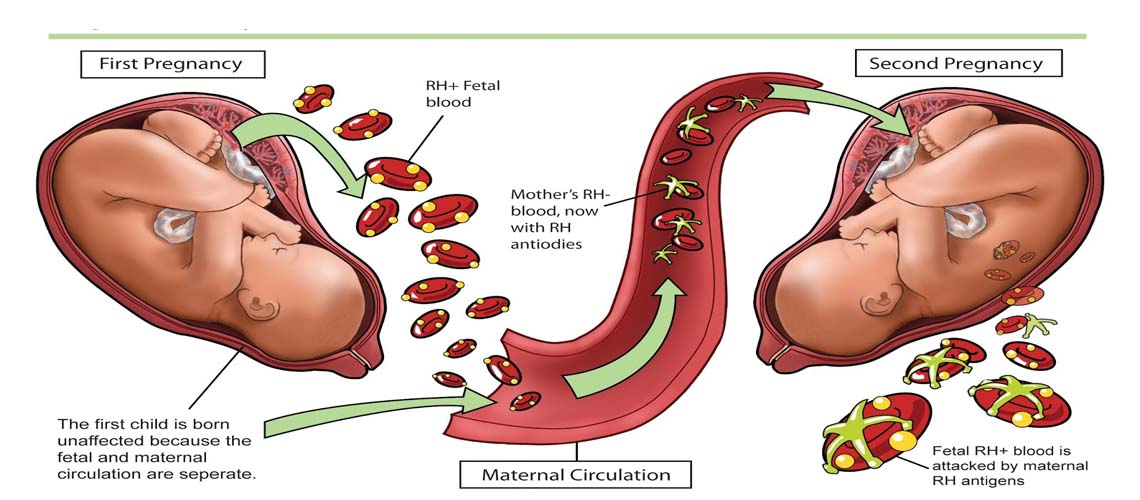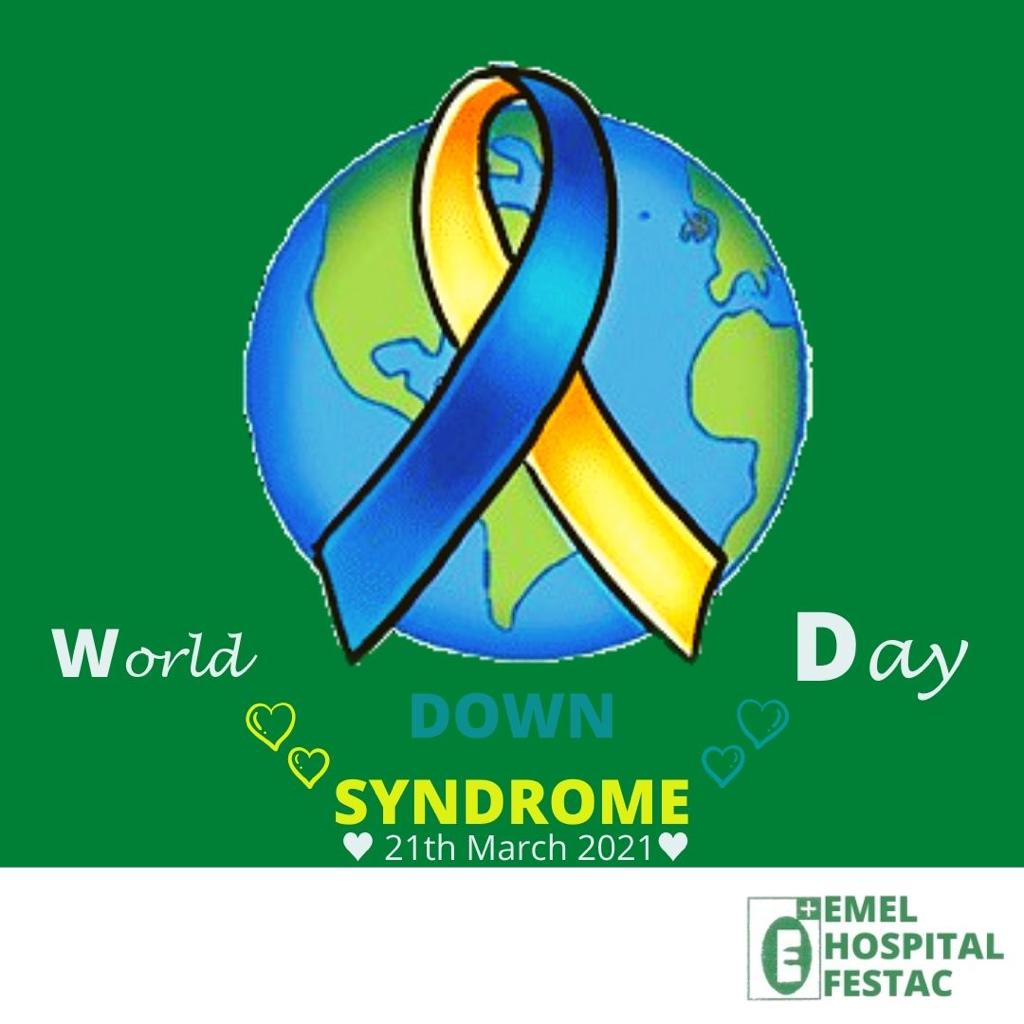Rhesus incompatibility
Q: I am a 28yr old lady who recently got married and I am expecting my first baby. I registered for antenatal care at a hospital and I was asked to do several tests among which was blood group. What does this test reveal and why is it important?
A: There are 4 blood types- A, B, AB and O. However a blood group result is written as A positive or A negative or B positive or O positive.
The positive or negative refers to the presence or absence of a protein on the surface of your red blood cells called Rhesus (Rh) factor. If you have this protein on the surface of your red blood cells, you are said to be Rheus (Rh) positive. If you do not have this protein on the surface of your red blood cell, you are said to be Rh negative.
Rhesus (Rh) incompartibility is a condition that may arise when a woman who is Rh negative gets pregnant for a man who is Rh positive and she gets exposed to Rhesus positive cells. Approximately 85% of people are Rhesus positive and only about 15% are Rheus negative. Since more people are Rh positive than Rh negative, it is likely that an Rh-negative mother could be carrying a baby who is Rh-positive. The Rh-negative mother could become exposed to the baby’s Rh-postive blood cells in pregnancy following trauma, invasive obstetric procedures (eg amniocentesis) or at delivery (during labour).
When a Rh-negative mother gets exposed to Rh-positive blood, her immune system gets sensitized, recognizes these cells as foreign and develops antibodies to destroy such cells whenever they are recognized again. At re-exposure (in next pregnancy), her immune system is activated and destroys Rh-positive cells causing hemolytic anaemia (ie the baby’s red blood cells are destroyed and it leads to shortage of blood).
Most firstborn infants with Rh-positive blood type are not affected because of the short period from first exposure to birth of the infant which is insufficient to produce significant maternal antibody response. However, the risk and severity of sensitization increases with subsequent pregnancies. Most times, the second pregnancy produces a mildly anaemic infant whereas succeeding pregnancies produce more seriously affected babies who ultimately may die in the womb from massive antibody-induced haemolytic anaemia.
PREVENTION:
All Rh-negative pregnant women should be given human anti-D immunoglobulin (called Rhogam injection) at the end of EACH pregnancy-irrespective of whether that pregnancy ended as an abortion, miscarriage, still birth or live birth.
If the husband is Rh-negative, there is no need for the mother to receive Rhogam injection.




.png)


